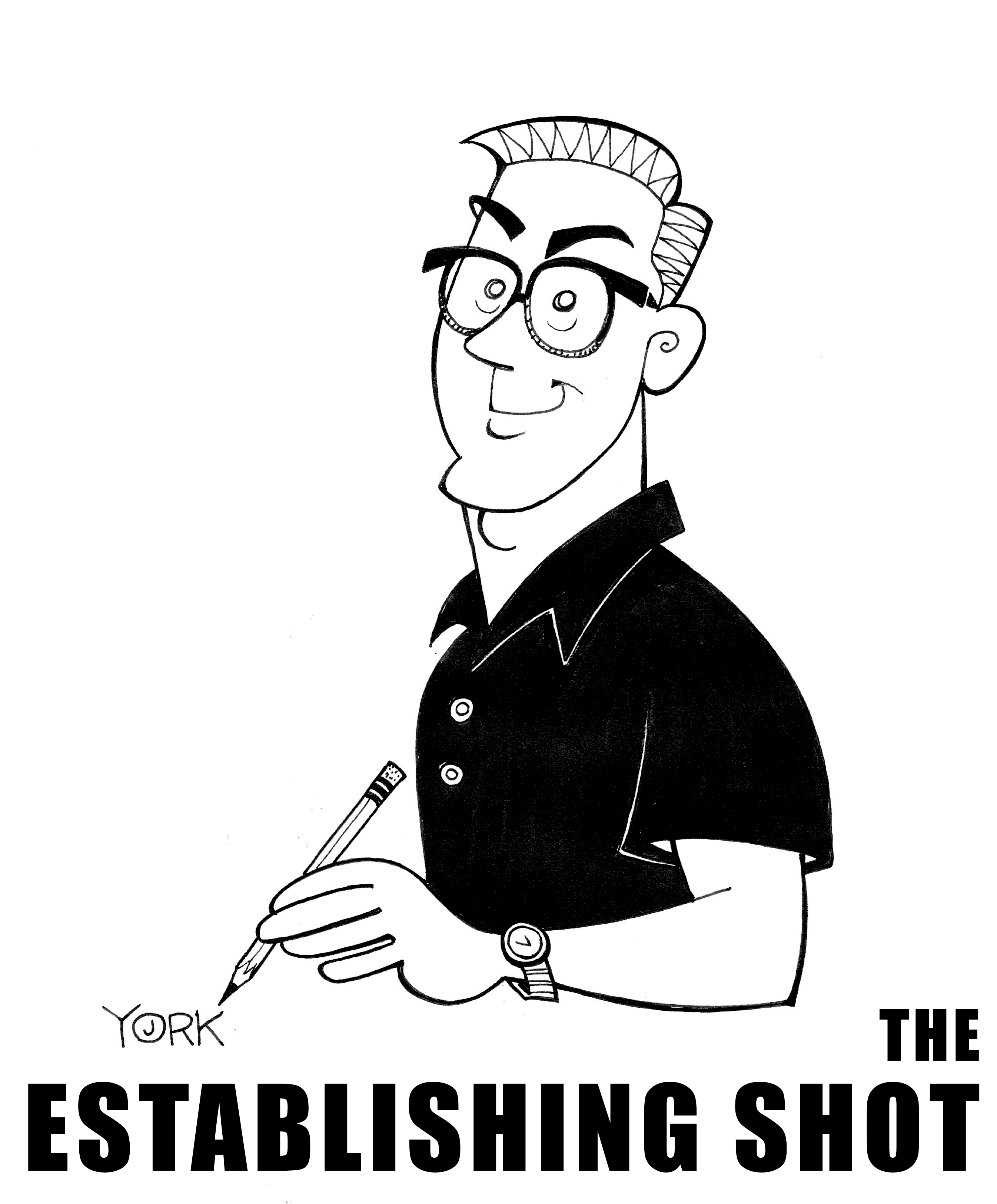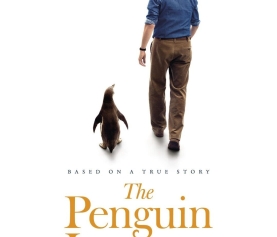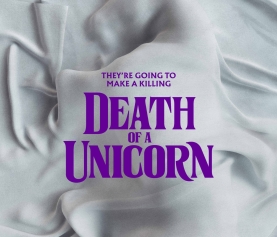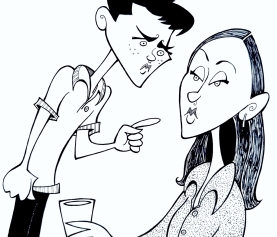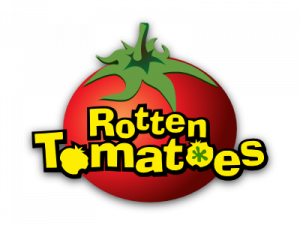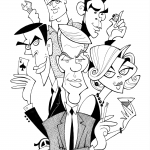
Too often, the movie-going experience gets been driven by spectacle. It’s almost as if a movie isn’t a movie unless it has an epic arc, huge stars, and a price tag of 100 million. Yet, films like NEVER RARELY SOMETIMES ALWAYS pack a greater wallop than most action films or tent poles, using nothing more than simple human truths, relatable subject material, and a sense of aching realism from talented, unknown actors to achieve its impact. Filmmaker Eliza Hittman’s new independent feature, about a teenage girl seeking an abortion, may have been made for a fraction of what the MCU spends on Robert Downey Jr.’s trailer, but it’s more powerful than most anything that arrives at the cineplex these days.
The film was scheduled to be released in theaters, but due to the Coronavirus, it’s just premiered on VOD. Such a platform works well for NEVER RARELY SOMETIMES ALWAYS as it is a character study that works well within the confines of the smaller screen. It will likely find even more of an audience at home too while quarantined citizenry looks for fresh viewing choices. And while it may have controversial subject material at its core, the story is told with intimacy, sympathy, and truthfulness, making for an utterly compelling portrait of a teenager in trouble.
When we first meet seventeen-year-old Autumn, played by newcomer Sidney Flanigan, she’s performing in a musical number at a high school variety show. She’s not a showy, “jazz hands” kind of girl though. Dining with her family at a local restaurant, she is depressed and uncommunicative. Her working-class father (Ryan Eggold) belittles her and harried mom (Sharon Van Etten) does little to assuage his hostility. Autumn curses him under her breath and leaves the table, and for good measure, she throws a drink in the face of a teen boy she knows who’s sitting at a nearby table.

Sidney Flanigan
Both interactions may hint at a backstory that will play out later in the third act, but suffice it to say, Autumn is on edge. She has good reason to be fraught with anxiety as she is pregnant and worried about being found out. Without divulging the identity of the father, Hittman sows seeds that hint at his identity by the anger and frustration Autumn shows. At one point, she softly punches her stomach and it’s an achingly tragic moment. Then, when she reaches out for help at the local clinic, she’s directed towards the singular solution of having the unwanted child.
Being from a rural, conservative part of Pennsylvania, Autumn now realizes that if she’s going to have an abortion, it will have to be done out-of-state and kept secret from her parents. With her best friend and fellow grocery store cashier Skylar (Talia Ryder) along for moral support, the two sneak off to New York City. The crux of the film is their odyssey together there, one that is filled with worries, humility, and potential danger around almost every corner.
A run-in with a teen boy named Jasper (Theodore Pellerin) is one such experience. Is he being earnest or is there something more dangerous to his attentions? Men, be they teens like Jasper, or the grocery story boss who crosses the line with his two teen girl employees, are presented as untrustworthy and questionable in their motives. Hittman further drives home the point with those two men Autumn was hostile to in the restaurant. Is her dad resentful that his little girl is growing up and not buying into his bullshit anymore, or is there something else to his derision towards her? Is that teen boy Autumn doused a doofus or an abuser? Hittman doesn’t spell anything out explicitly, but she slyly raises such questions. It not only draws us closer to her heroine, but it paints a crushing portrait of patriarchal society.
Fortunately, Autumn is surrounded by women who at least have her back. Skylar is true blue, even putting herself in harm’s way more than once to protect her friend in the Big Apple. Additionally, the counselor (Kelly Chapman) that Autumn meets at Planned Parenthood there is calm, helpful, and compassionate.

Talia Ryder and Théodore Pellerin
The film’s title comes from the questionnaire that the counselor goes through with Autumn regarding her sexual history, partners, and general health. Autumn is asked to answer which of the four words best apply to each query, and the scene plays out as tense as most thrillers. When Autumn hesitates to reveal answers regarding abuse, it’s devastating. Those earlier interactions in the restaurant suddenly seem far more revelatory.
Nonetheless, Hittman lets such scenes speak for themselves. She doesn’t belabor any moment with overt pathos or even the crutch of flashbacks. Instead, she shoots everything in a straight-forward, documentary-style manner, letting the inherent drama in human interaction do the heavy lifting instead of the camera work or score.
The performances all play realistically too. Ryder and Pellerin give sharp supporting performances, vivid but never showy. Chapman’s a matter-of-fact natural, a former Planned Parenthood counselor, and she brings that experience to her intense scenes with Flanigan. Still, it’s the young lead, in her first feature, who holds our attention and sympathies throughout. Flanigan’s Autumn plays things close to the vest, but we’re never in doubt what she’s feeling or thinking. It’s a heartbreaking performance.
Despite such dark material, Hittman finds pockets of hope and connection throughout, rendering her film surprisingly inspirational at times. Late in the film, Autumn quietly holds the pinky of Skylar for emotional support in a subway station, and that moment brought me to tears. Hittman’s film is that impactful and that skilled. In its own way, this film is epic.
